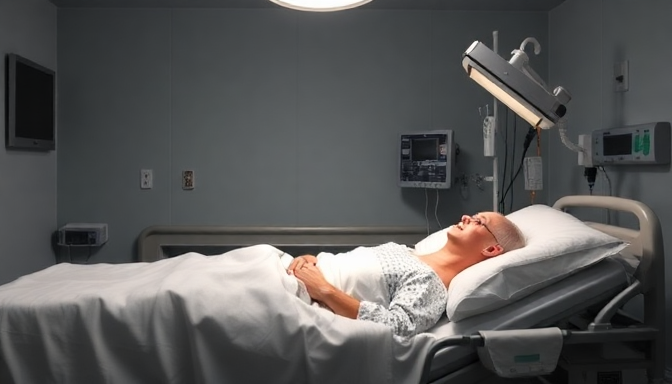
Introduction to Mechanical Ventilation: Why patients need support.
Mechanical ventilation represents a cornerstone of critical care, providing life-sustaining support for patients unable to adequately breathe on their own. It is a sophisticated intervention designed to assist or completely take over the work of breathing, ensuring vital oxygen delivery and carbon dioxide removal. For new medical practitioners, understanding the fundamental principles behind this technology is paramount before delving into the nuanced management of sedation and paralysis.
Patients require mechanical ventilation for a diverse range of acute and chronic conditions that impair their respiratory function. Acute respiratory distress syndrome (ARDS), severe pneumonia, exacerbations of chronic obstructive pulmonary disease (COPD), acute heart failure, and neurological impairments affecting respiratory drive are common culprits. In essence, any condition that compromises the body's ability to maintain adequate gas exchange can necessitate ventilator support.